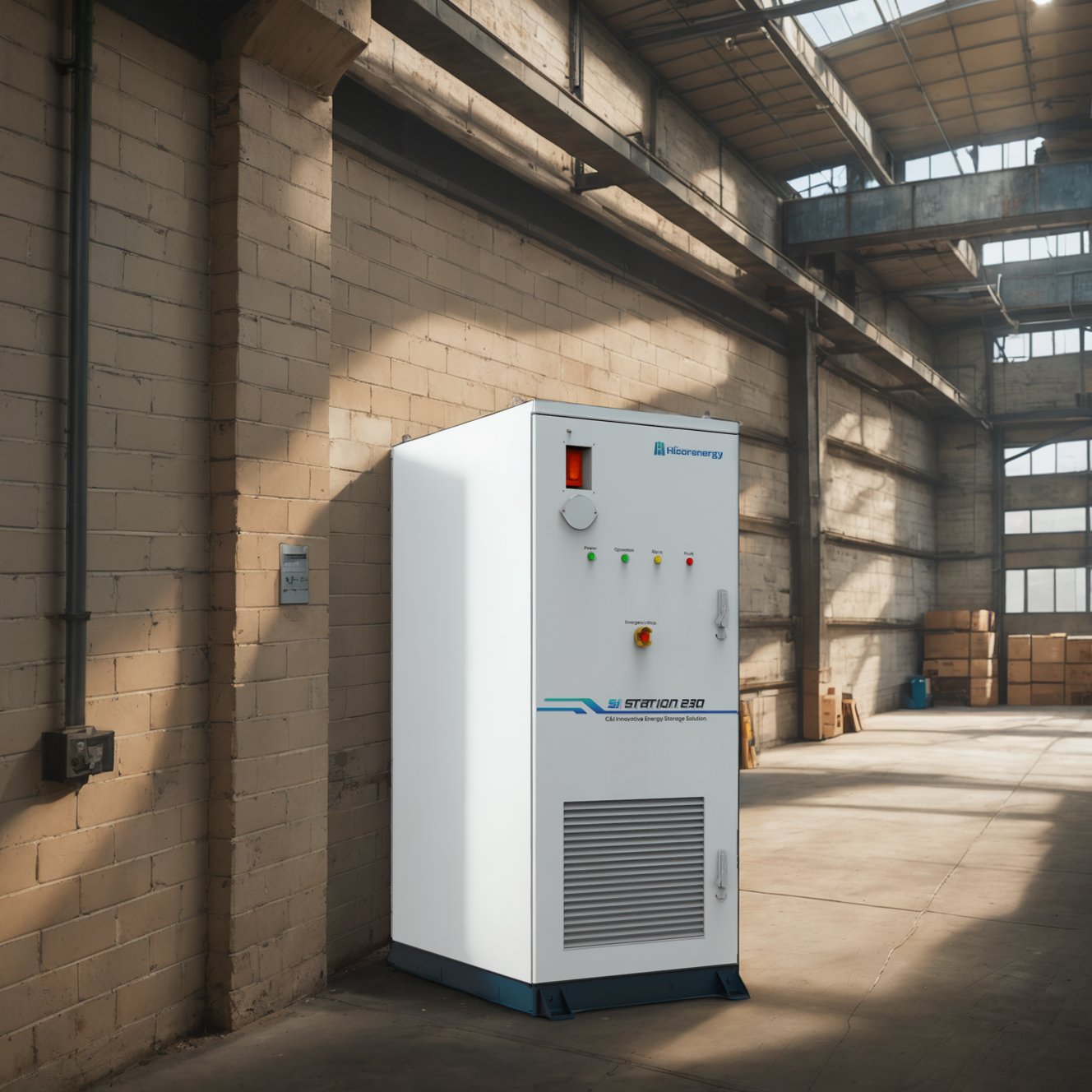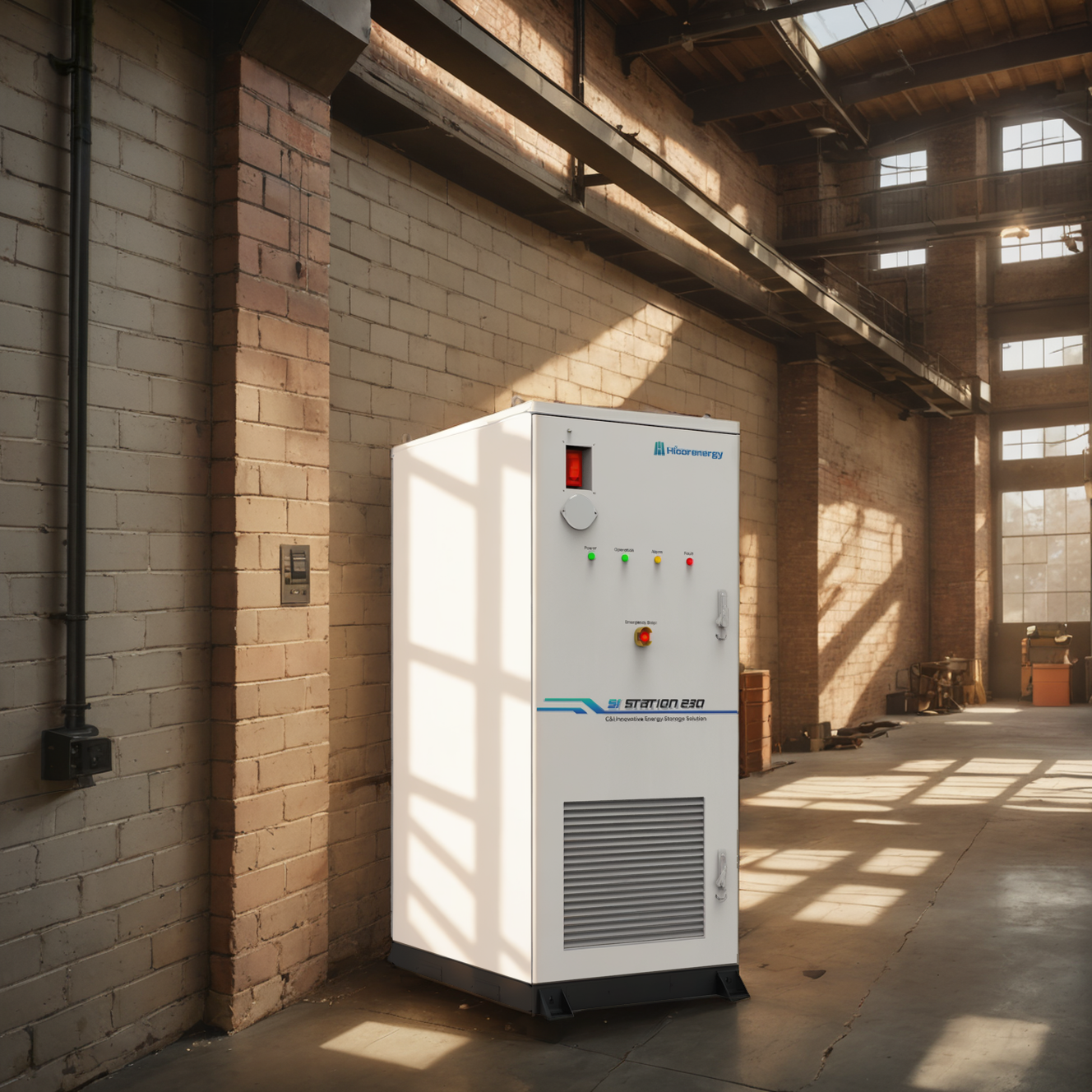The Modern Energy Dilemma for Businesses
In today's dynamic economic landscape, businesses face a multitude of operational challenges, with energy management rapidly ascending the list of critical concerns. Fluctuating energy prices, an increasing reliance on an often-strained power grid, and the growing imperative for sustainable practices present significant hurdles. For commercial and industrial enterprises, these issues translate into unpredictable operational costs, potential disruptions, and difficulties in meeting environmental targets. The inability to effectively manage power can stifle growth and competitiveness. This is where the strategic implementation of commercial energy storage emerges as a transformative solution, empowering businesses to take control of their energy destiny.
Overcoming Power Instability and Ensuring Operational Continuity
One of the most pressing problems for many enterprises is an unreliable power supply. Grid outages, voltage sags, or frequency fluctuations can halt production lines, corrupt data, and lead to substantial financial losses. For industries reliant on continuous operation, such as manufacturing, data centers, or healthcare facilities, these interruptions are unacceptable. Industrial energy storage systems offer a robust defense against such vulnerabilities. By providing instantaneous backup power, these systems ensure that critical operations continue seamlessly during grid failures. Furthermore, they can help stabilize the local power supply, improving power quality and protecting sensitive equipment from damage caused by grid disturbances.
Optimizing Energy Costs and Integrating Renewable Resources
Beyond just backup, businesses are continually seeking ways to reduce operational expenditures, and energy costs represent a significant portion of these. Many utility tariffs include peak demand charges, which can drastically inflate electricity bills. Additionally, while the push towards sustainability encourages the adoption of renewable energy sources like solar and wind, their intermittent nature poses a challenge for consistent supply. Advanced battery energy storage systems provide an elegant solution to both these problems. By storing energy during off-peak hours when electricity is cheaper, or by capturing surplus energy from renewable energy storage installations, businesses can deploy this stored power during peak demand periods. This practice, known as peak shaving, can lead to substantial savings. Moreover, these systems smooth out the variable output from renewables, making clean energy a more reliable and practical option for daily operations and effective energy management solutions.
Introducing Cutting-Edge Commercial Energy Storage Systems
Addressing the sophisticated energy needs of modern enterprises requires advanced energy storage solutions. Companies like Hoornergy and Hiconenergy are at forefront, developing systems such as the SI Station 330 and Si Station 230. The SI Station 330, for instance, is described as a centralized energy storage solution optimized for performance and scalability. Its robust design is suitable for demanding industrial environments, offering features for renewable integration, peak shaving, and critical backup power. It exemplifies how commercial energy storage can be seamlessly integrated into existing infrastructure with intuitive controls and an emphasis on thermal stability for prolonged life. Similarly, the Si Station 230 focuses on blending sophistication with efficiency for commercial and industrial applications. It boasts a sleek, compact design with an intuitive interface showing real-time status, and is built for durability and optimal cooling. These systems are designed for versatility and scalability, demonstrating the potential of large scale energy storage to meet diverse demands from stabilizing grid power to enhancing energy independence, making them pivotal energy storage solutions for future-focused businesses.
The Broader Spectrum of Benefits with Intelligent Energy Management
Investing in commercial energy storage delivers advantages that extend far beyond simple backup power or cost reduction through peak shaving. These intelligent systems often come equipped with sophisticated energy management solutions that provide deep insights into consumption patterns. This data empowers businesses to make informed decisions about their energy use, identify further opportunities for efficiency, and actively manage their carbon footprint. By facilitating greater use of renewable energy, these systems play a crucial role in corporate sustainability initiatives. Furthermore, the improved power quality offered by battery energy storage systems can extend the lifespan of machinery and reduce maintenance costs. Ultimately, adopting comprehensive energy storage systems translates to enhanced operational resilience, improved environmental performance, and a stronger bottom line, positioning businesses for sustained success in an evolving energy landscape.








